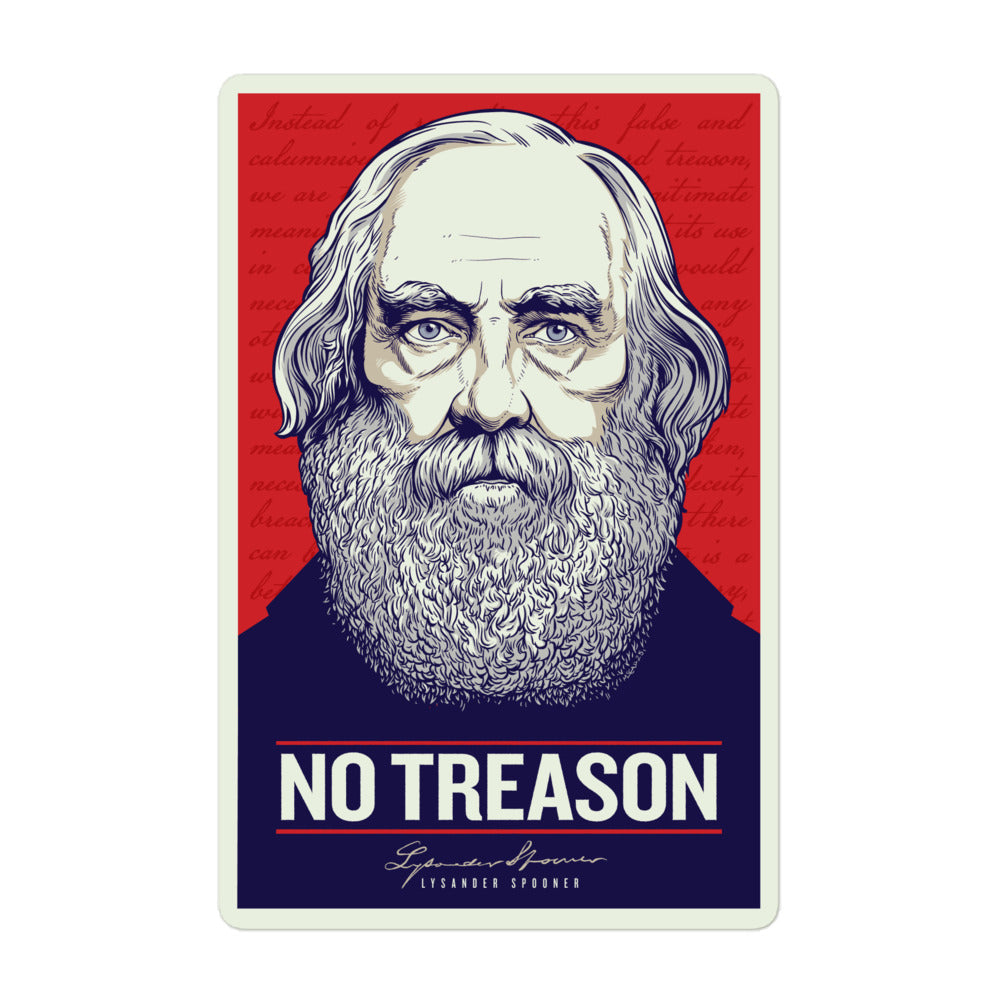Every piece I’ve bought has held up, looks great, and is actually comfortable to wear—can’t say that about a lot of brands. I’m hooked. Nothing else I’ve found comes close.
Ludwig von Mises
Ludwig von Mises was a renowned Austrian economist and philosopher who made significant contributions to the fields of economics and political theory. Born in Austria in 1881, Mises studied at the University of Vienna and later served as a professor of economics at the University of Vienna and the University of Geneva. In the 1930s, Mises became a leading critic of the rising tide of socialism and interventionism in Europe, and his ideas were seen as a threat by the Nazi regime in Germany.
As the Nazi Party came to power in Germany in 1933, Mises's position as a prominent critic of the regime made him a target for persecution. Despite being of Jewish descent, Mises was not initially targeted by the Nazis due to his status as an Austrian citizen and his reputation as a leading economist. However, as the Nazi regime began to expand its control over Austria, Mises knew that he would eventually be targeted for persecution.
In 1934, Mises narrowly escaped arrest by the Gestapo, the secret police of the Nazi regime, and fled to Switzerland. Mises spent the next few years in Switzerland, where he continued to write and teach, and he was eventually offered a position at the Graduate Institute of International Studies in Geneva. However, Mises knew that his safety was still in danger, as the Nazi regime was rapidly expanding its influence across Europe.
In 1940, Mises made the decision to flee to the United States. He obtained a visa and left Switzerland, traveling through France and Spain before finally arriving in New York City in August of that year. Mises was welcomed in the United States and was offered a position at New York University, where he taught until his retirement in 1969.
During his time in the United States, Mises continued to write and publish on economics and political theory, and he became a leading figure in the Austrian School of economics. His ideas were influential in the development of the libertarian movement in the United States, and he is considered one of the leading figures in the history of classical liberalism.
One of Mises's most significant contributions to the libertarian movement was his development of the concept of praxeology, which is the study of human action. Mises argued that human action is motivated by the pursuit of value and that this pursuit is guided by reason. He believed that the study of economics should be based on the principles of praxeology, and that this approach would allow for a more objective understanding of economic phenomena.
Mises also made significant contributions to the development of the Austrian School of economics, which emphasizes the importance of individual action and the subjective nature of value. Mises argued that economic phenomena cannot be understood in the same way as natural phenomena, as they are the result of human action and decision-making. He believed that the use of statistical analysis and mathematical models to study economics was misguided, as it failed to take into account the unique nature of human action.
In addition to his work on economics, Mises was also a prominent critic of socialism and interventionism. He argued that socialist economic policies would inevitably lead to inefficiency and economic collapse, and he believed that government intervention in the economy was inherently damaging. Mises argued that the only way to achieve a truly free and prosperous society was through a system of free market capitalism, in which individuals are free to pursue their own interests and engage in voluntary exchange.
Mises's ideas were highly influential in the development of the libertarian movement, and he is considered one of the leading figures in the history of classical liberalism. His writings and teachings have inspired countless individuals to advocate for a more free and just society, and his work continues to be widely studied and debated today.
Despite his significant contributions to the fields of economics and political theory, Mises was not without his critics. Some have argued that his views on socialism and interventionism were overly simplistic and failed to take into account the complexities of real-world economic systems. Others have criticized his emphasis on the subjective nature of value, arguing that it leads to an overly individualistic approach to economic policy.
Despite these criticisms, Mises's contributions to the libertarian movement and the broader fields of economics and political theory are undeniable. His ideas have had a lasting impact on the way we think about economic systems and the role of government in society, and they continue to be highly influential to this day. In conclusion, Ludwig von Mises was one of the most influential intellectuals of the libertarian movement, and his contributions to the fields of economics and political theory continue to be highly regarded and widely studied today.
Reviews
Finally, a brand that’s got some guts! I ordered a shirt just for laughs, but now I’m back getting them as gifts for the whole family. No cheap prints or lame designs—this is the real deal.
My husband loved it. One shirt had to be exchanged, but it was easy. Will buy again.
Tiger stripes! Another cool manics shirt. Thanks guys!
Savage designs. I occasionally wear my shirts to work under another shirt and smile. They finally have really nice heavy tees that don't feel stiff. I didn't like their old zip hoodies because they were too lightweight and made by American Apparel, but now they have heavier ones that hold up.
Great quality. Most ‘patriotic’ gear is all flash, no quality, but not Liberty Maniacs. They’re clever, sharp, and have a sense of humor without being tacky. Proud to wear this stuff.
Super soft and insanely comfortable! I love my shirt, and my husband loves his hoodie… or should I say my new hoodie since I keep ‘borrowing’ it while he’s at work. It's definitely our favorite brand now.
Nice quality, soft cozy material.
Will definitely buy more. Shipping came on time. The sizing was good, and I got a ton of compliments on it.
This shirt? Chef’s kiss. Rocked it around town, and let’s just say it got some looks—can’t argue with launching a few politicians via catapult. Soft as hell material. 10/10
Great fit and quality as always!
I've learned to be more discriminating about the companies I buy from. I've been happy with both orders. Keep up the good work.
Liberty Maniacs nails it with the patriotic gear. I got the shirt with Lysander Spooner, and it’s hands down my new favorite. Not only is the design legit, but it actually feels like a shirt I want to wear (super soft, if you’re wondering). Plus, half the fun is when someone recognizes it. Can’t wait to see what other historical gems they come out with!


















